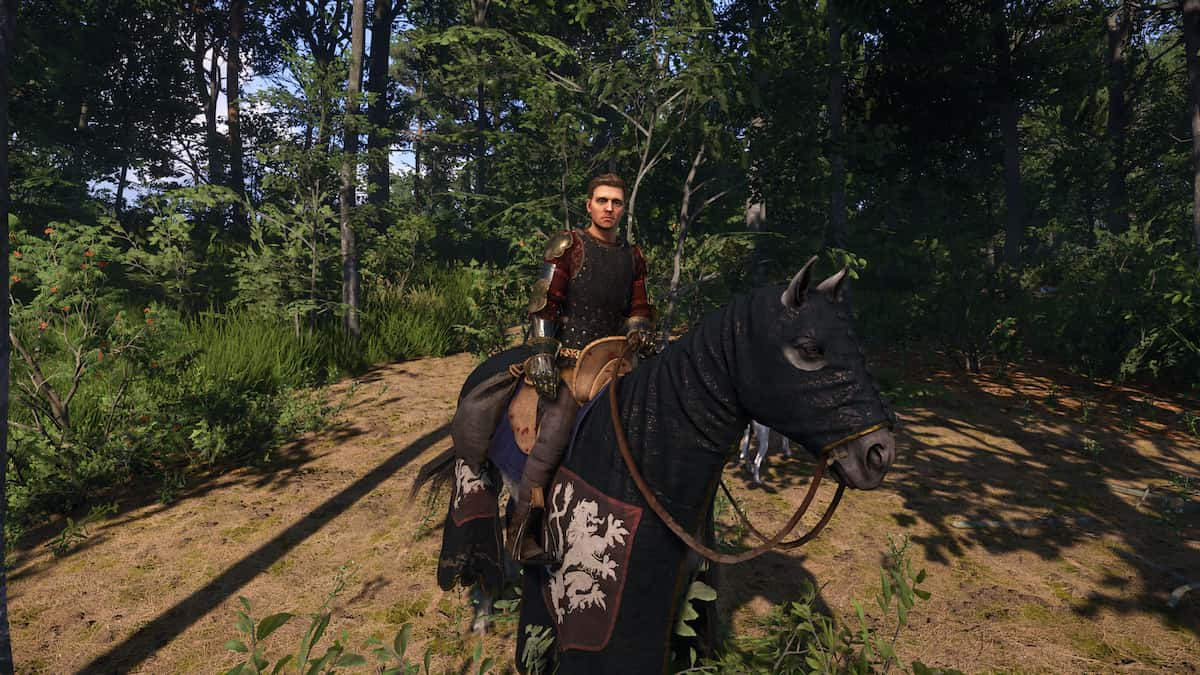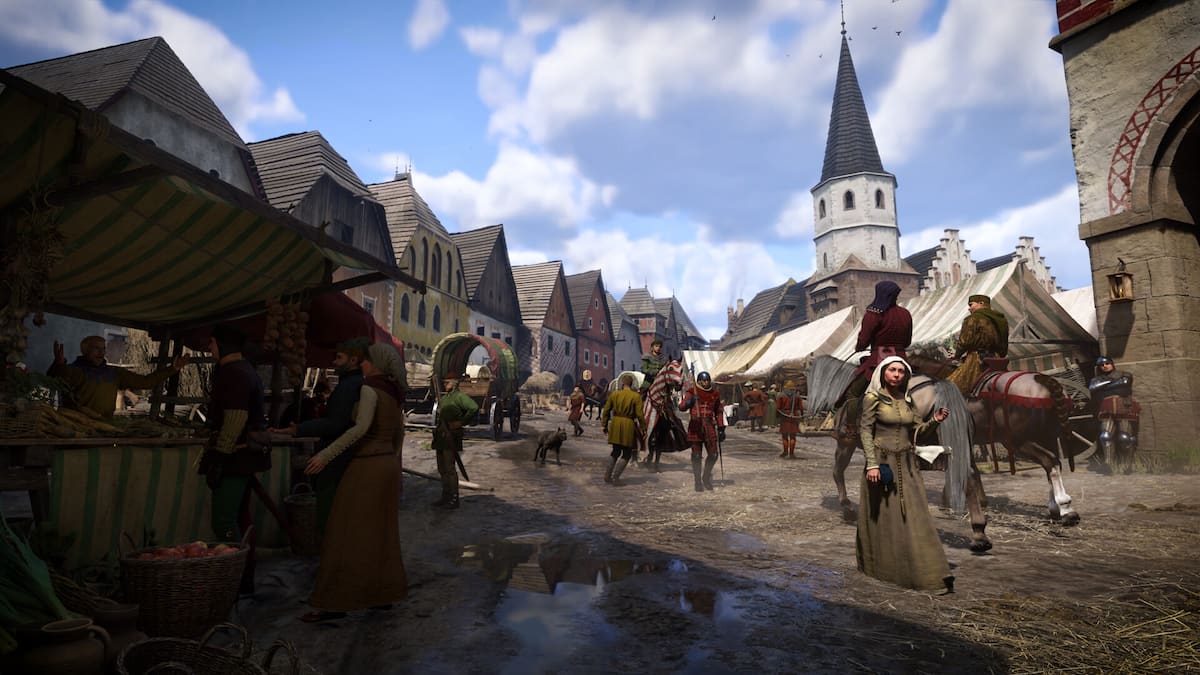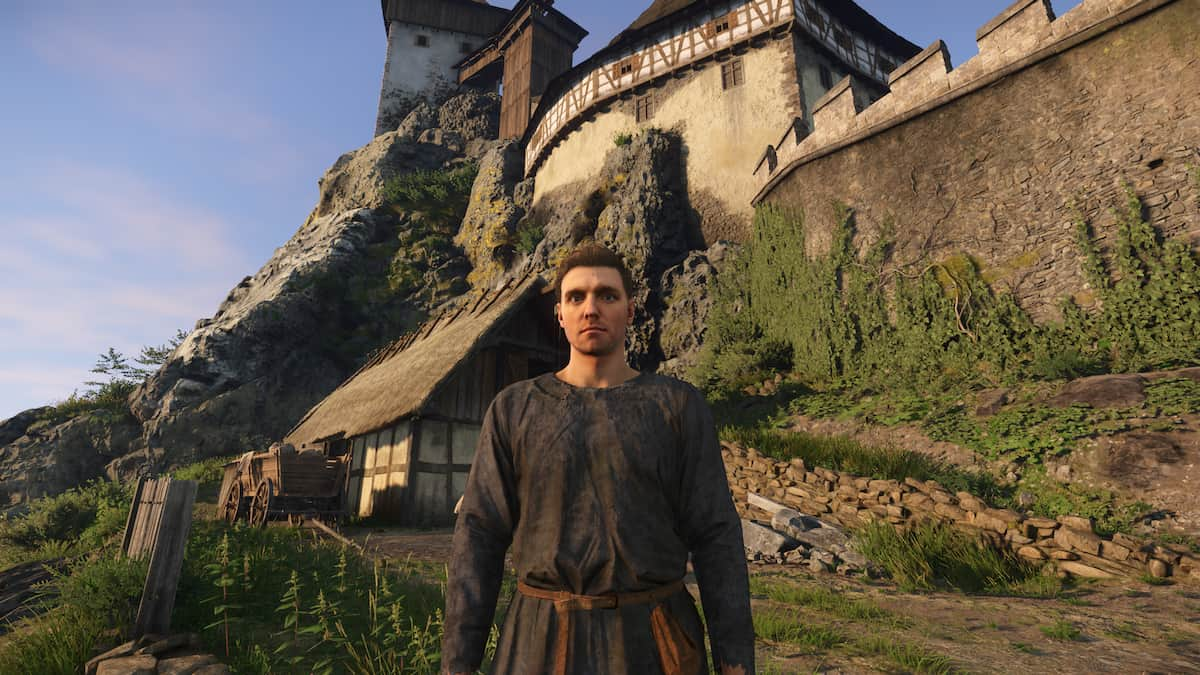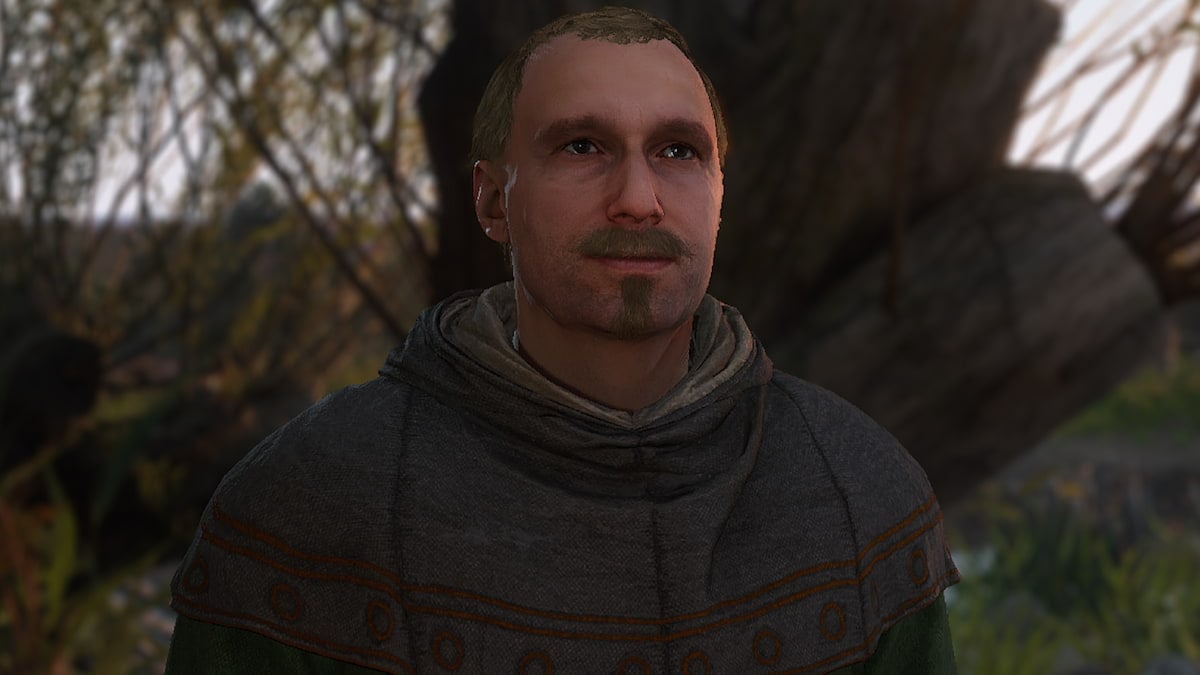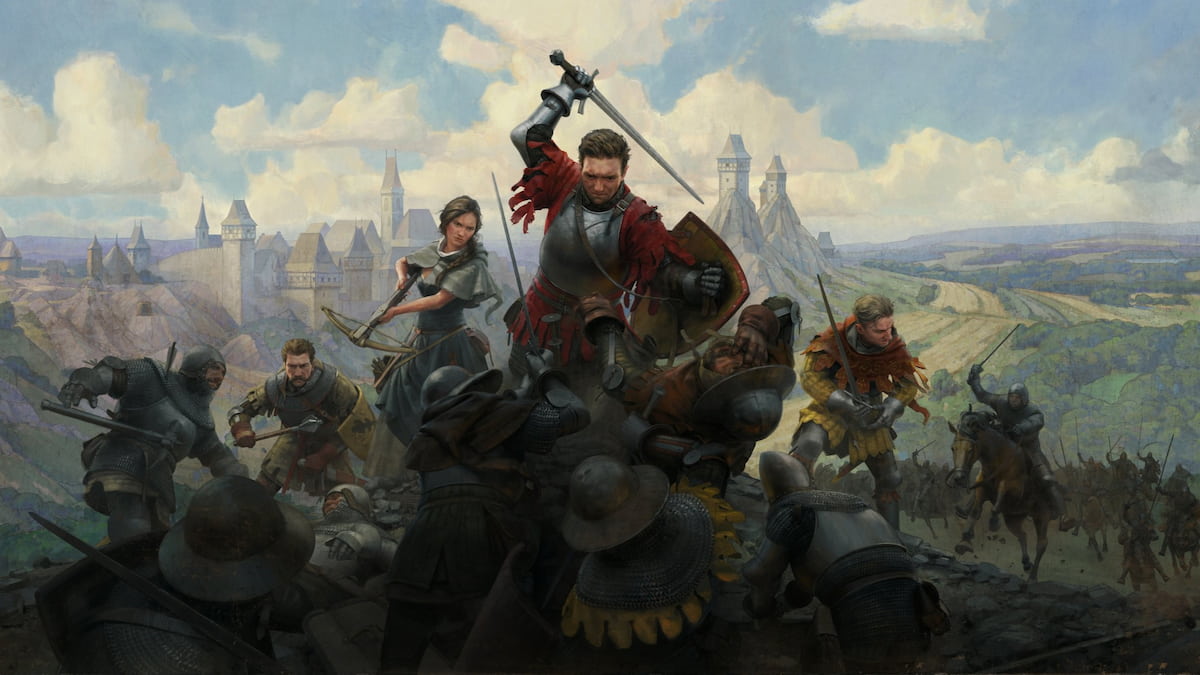Category:
-
Games
Expand Games
-
Genres
Expand Genres
-
Platforms
Expand Platforms

Kristina Ebanez
Staff Writer
879
Articles Published
752Guides
74News
20Anime
About The Author
Staff Writer - Kristina has been a video game lover ever since she saw Solid Snake get under that cardboard box in Metal Gear Solid. She continues to show off her love for gaming and has been writing about it for more than two years. Aside from the Metal Gear Solid series, she enjoys playing The Sims, Call of Duty, Disney Dreamlight Valley, Horizon Forbidden West, Minecraft, and many more.All Posts
Looks like Team Rocket will be blasting off again...
Kristina Ebanez
Kristina Ebanez
Feb 6, 2025
Show your support!
Kristina Ebanez
Kristina Ebanez
Feb 6, 2025

